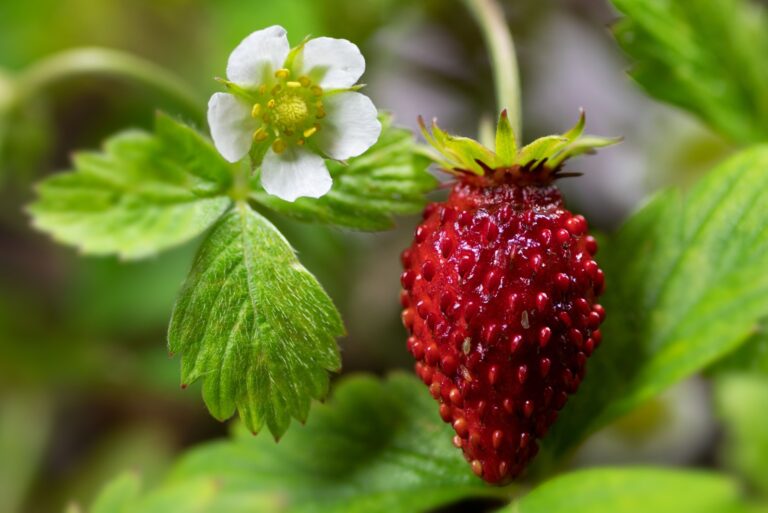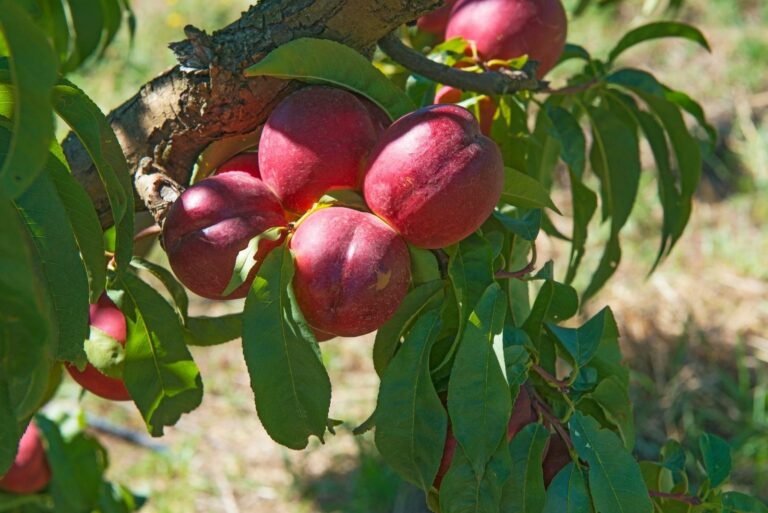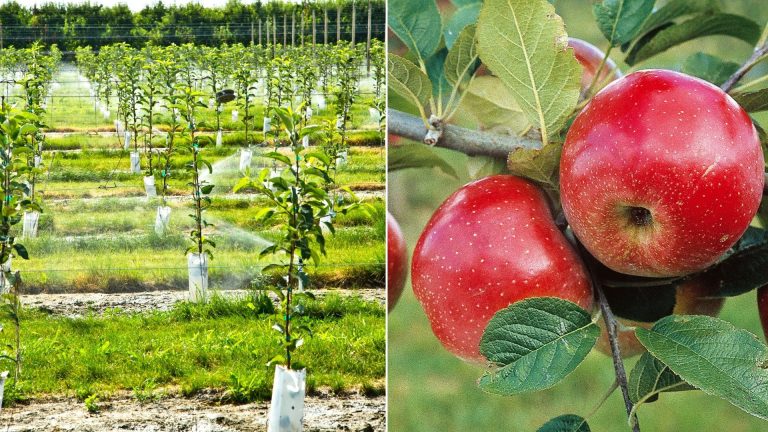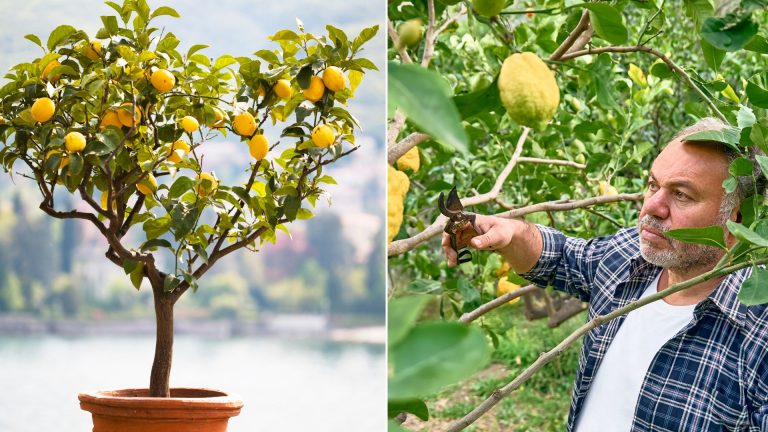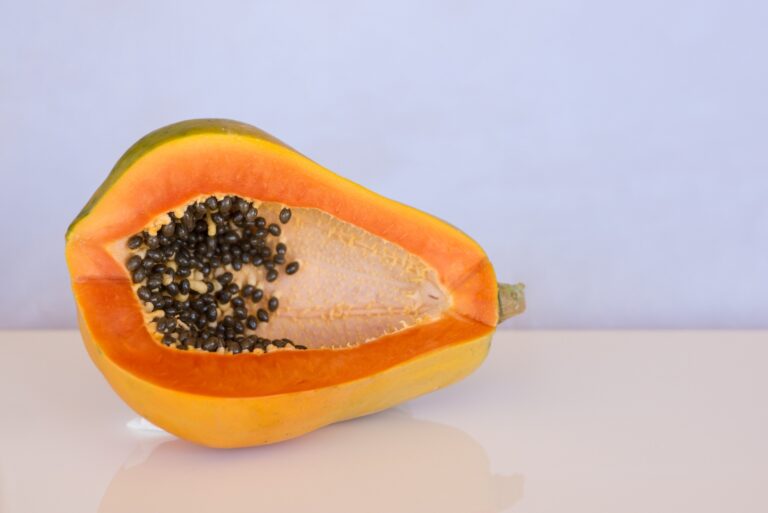12 Fruits You Can Start From Seed In Pennsylvania In September
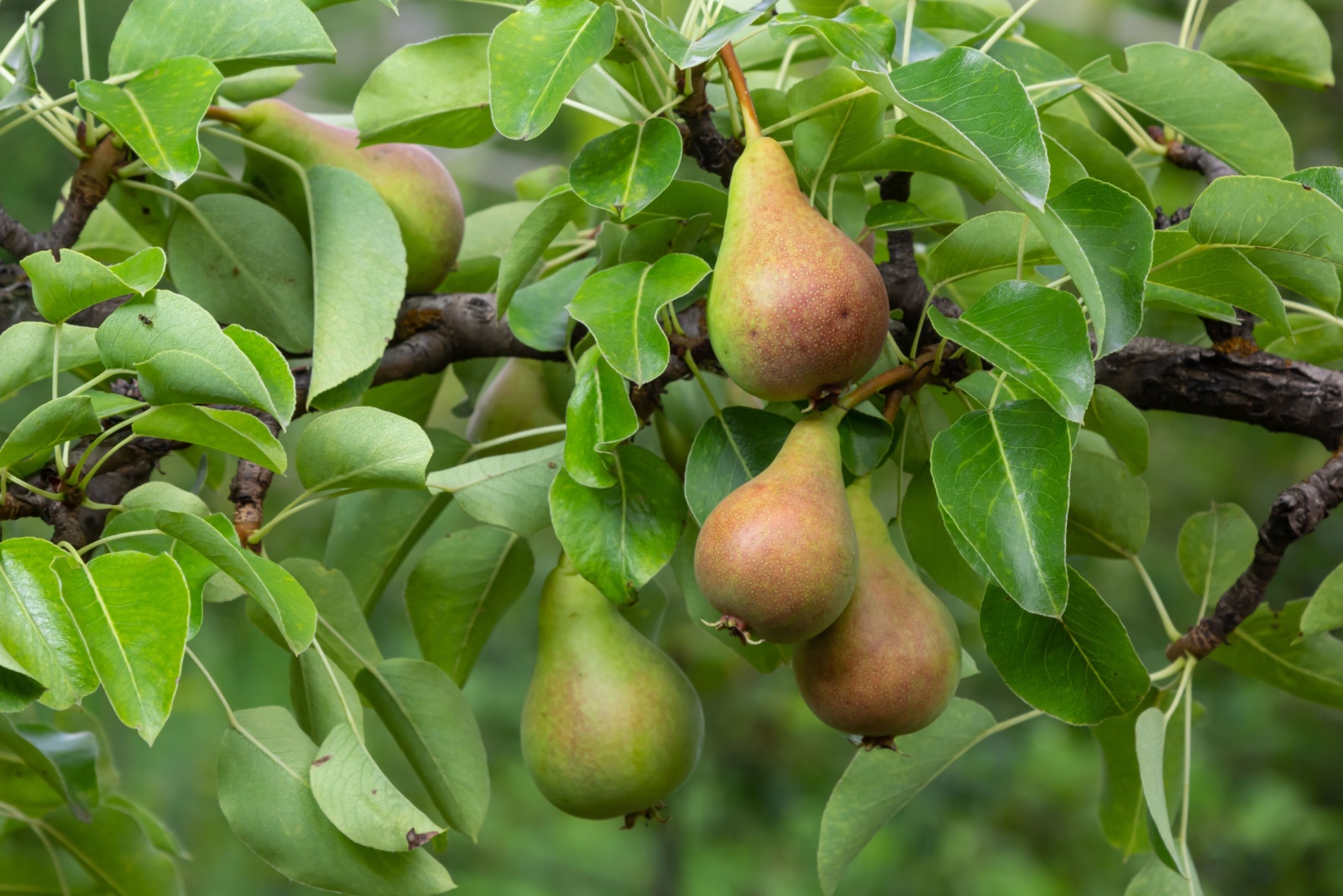
Fall gardening in Pennsylvania offers a perfect opportunity to start certain fruit seeds before winter sets in. September’s cooling temperatures create ideal conditions for many seeds that benefit from natural cold stratification during the upcoming winter months.
Planting fruit seeds now gives you a head start on next year’s growing season while taking advantage of nature’s cycles.
1. Apples
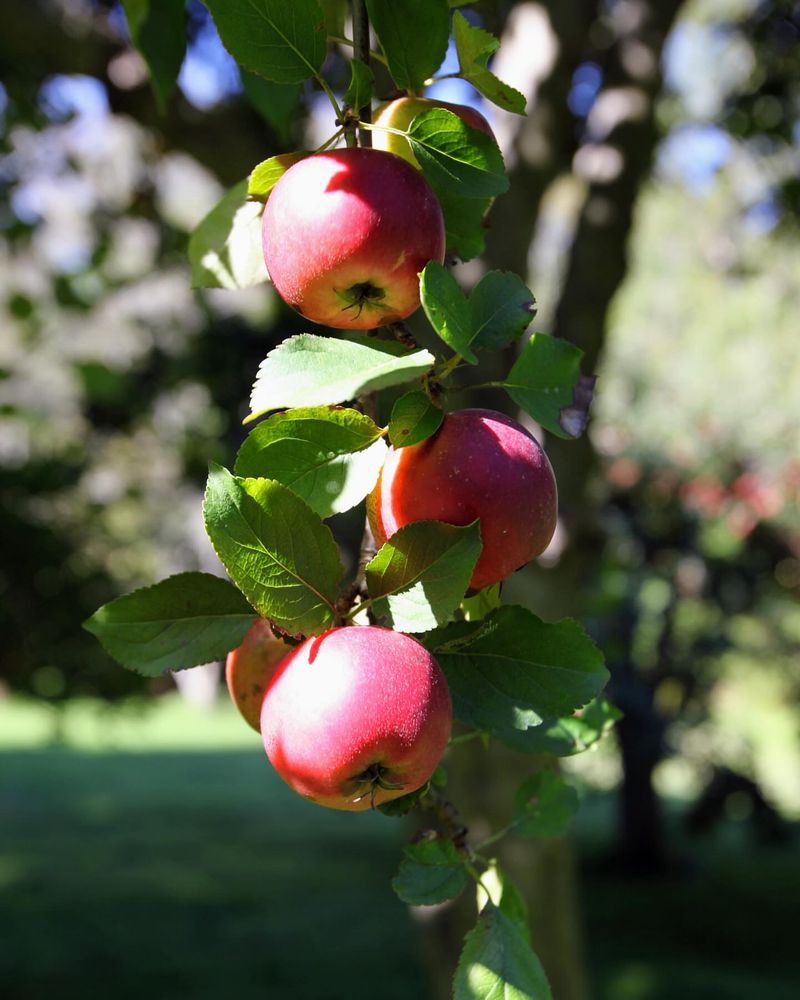
Apple seeds collected from fall harvests can be planted right away in September. The winter cold naturally breaks their dormancy through a process called stratification.
Choose seeds from locally grown varieties like ‘Honeycrisp’ or ‘Gala’ for better climate adaptation. Just remember that apple trees grown from seed won’t match their parent tree exactly, creating your own unique variety!
2. Pears
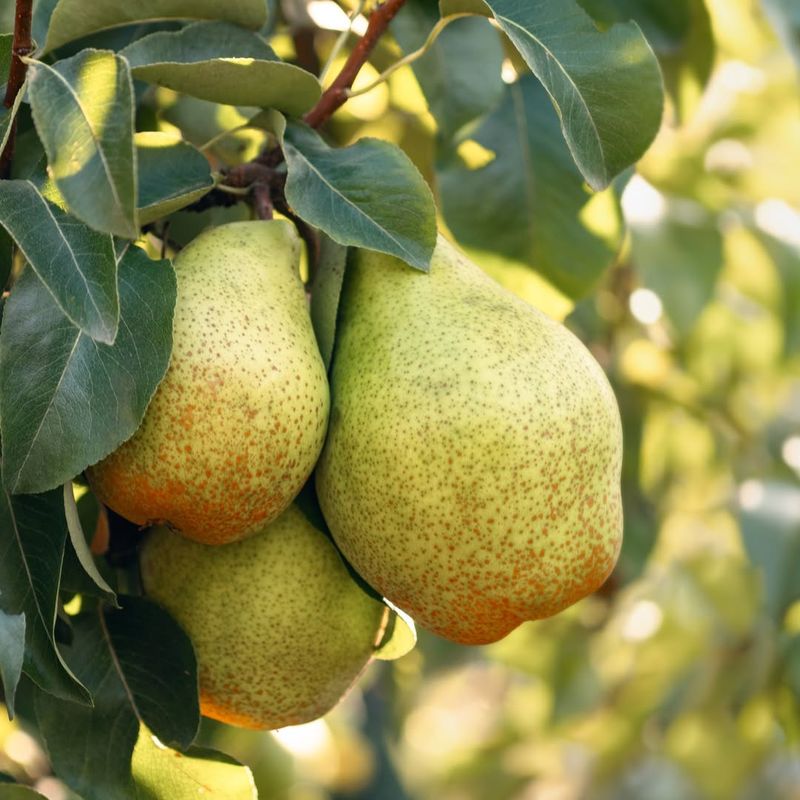
Pear seeds benefit greatly from Pennsylvania’s natural winter cycle. When planted in September, they’ll experience the perfect cold period needed to germinate successfully next spring.
Bartlett and Bosc varieties thrive particularly well in the Keystone State’s climate. Save seeds from local pears at farmers markets for best results. The saplings will need grafting later to produce reliable fruit.
3. Pawpaw

Pennsylvania’s native fruit treasure! Pawpaw seeds must be kept moist and never allowed to dry out. Fresh from the fruit is ideal for September planting.
Their custardy tropical flavor (think banana-mango) makes them worth the 5-8 year wait for fruit. Plant several trees for cross-pollination. Pawpaws grow naturally in Pennsylvania woodlands, so they’re perfectly adapted to our climate.
4. Persimmons
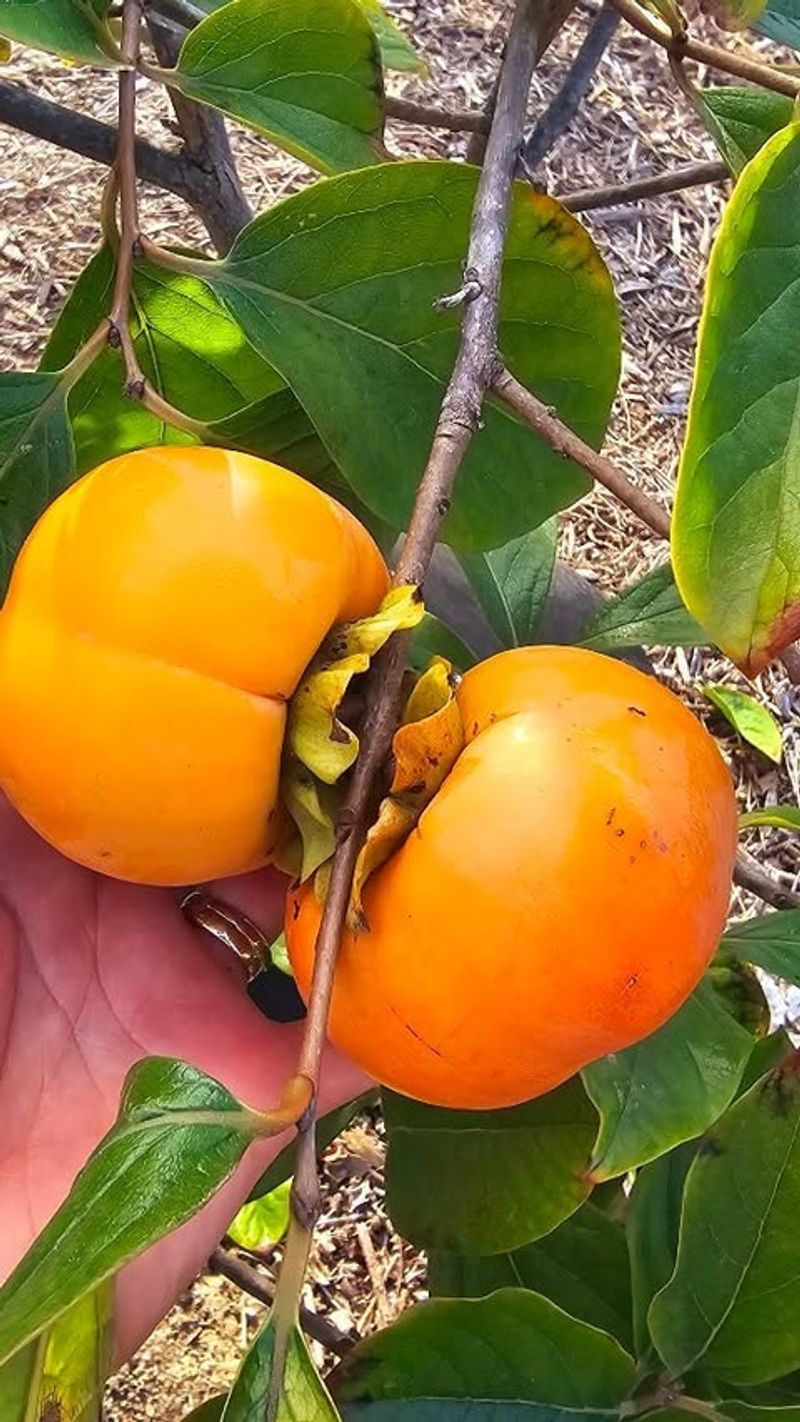
American persimmon trees thrive throughout Pennsylvania and can be started from seed in September. Their sweet, date-like fruits make them a valuable addition to any garden.
Plant seeds 1-2 inches deep in well-draining soil. Unlike many fruit trees, persimmons grown from seed often produce fruit similar to their parents. For best fruit production, plant multiple trees since they’re typically either male or female.
5. Elderberries
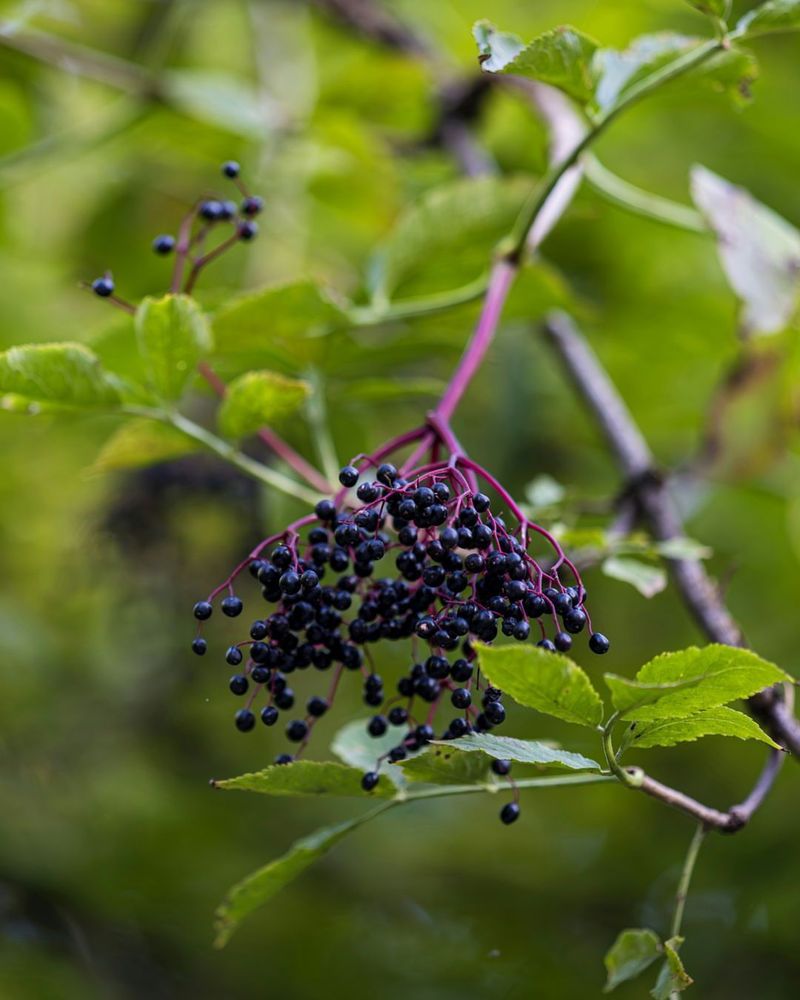
Elderberry seeds need winter’s chill to germinate properly, making September ideal for planting in Pennsylvania. These native berries produce nutritious fruits perfect for jams and immune-boosting syrups.
Separate seeds from fresh berries by mashing and rinsing away the pulp. Plant in moist, rich soil where they’ll receive partial sun. Young plants should appear by late spring, though patience is needed as they may take 2-3 years to fruit.
6. Mulberries
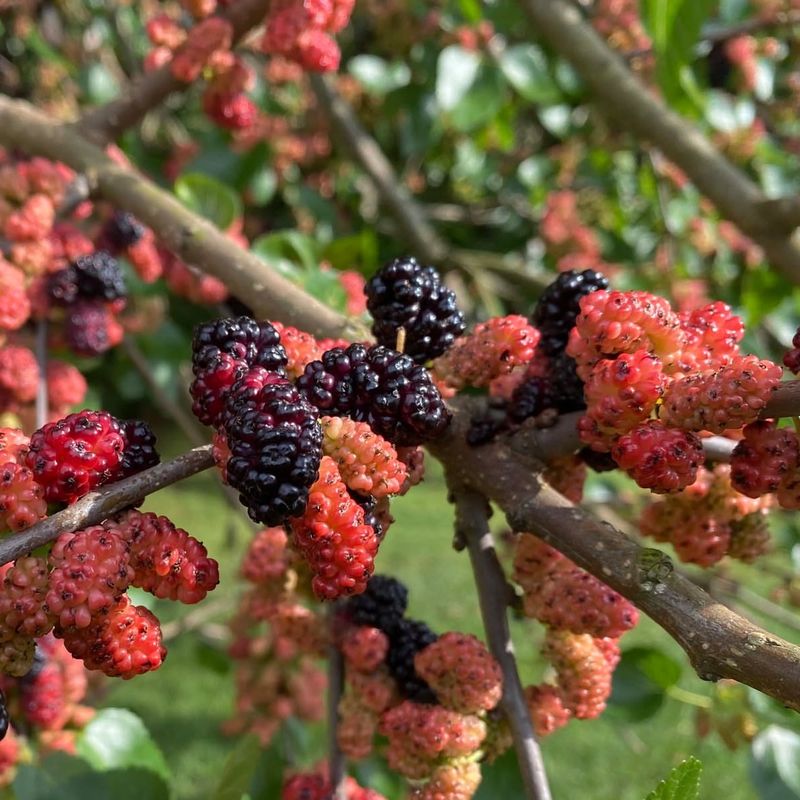
Mulberry trees grow with wild abandon across Pennsylvania, making them perfect candidates for September seed-starting. Their sweet-tart berries attract birds and make delicious jams.
Extract seeds from ripe berries by mashing and rinsing. Plant immediately in containers or a sheltered garden spot. Mulberries grow quickly once established and require minimal care. Red and white varieties grow alongside the common black mulberry throughout the state.
7. Hardy Kiwi
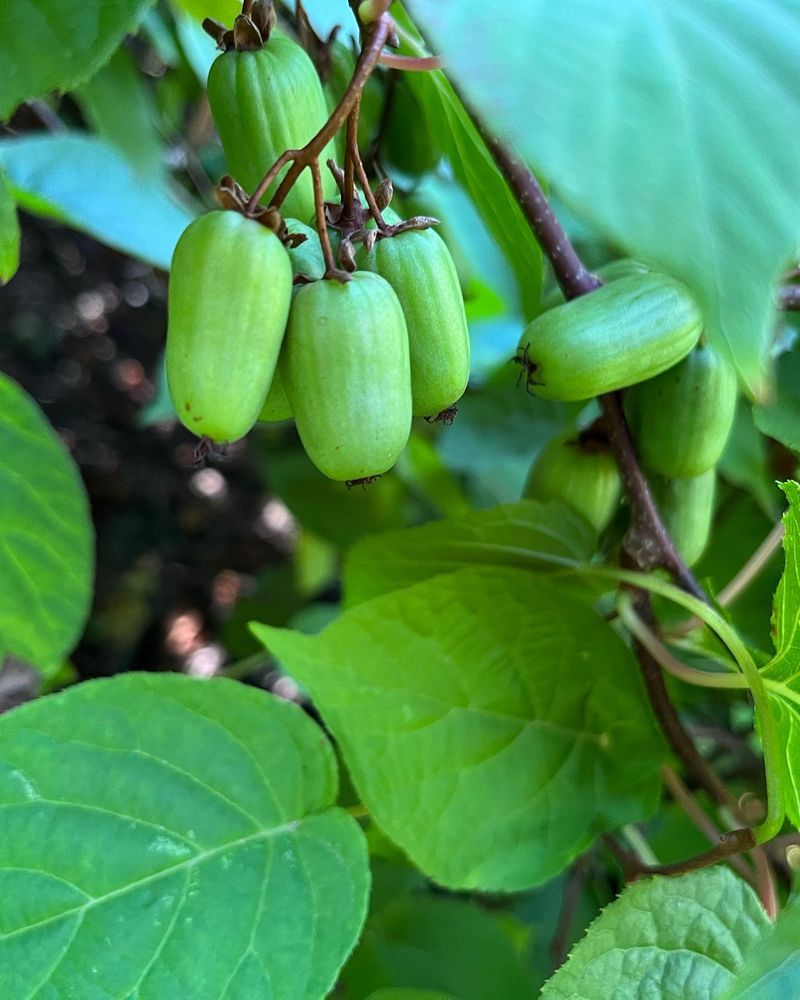
Unlike their tropical cousins, hardy kiwi (Actinidia arguta) thrives in Pennsylvania’s climate. September planting allows seeds to naturally stratify during winter.
Extract seeds from ripe fruit and rinse thoroughly before planting in well-draining soil. Hardy kiwi produces grape-sized smooth fruits that don’t require peeling. Plant both male and female vines for successful fruiting. These vigorous climbers need strong support once established.
8. Serviceberries
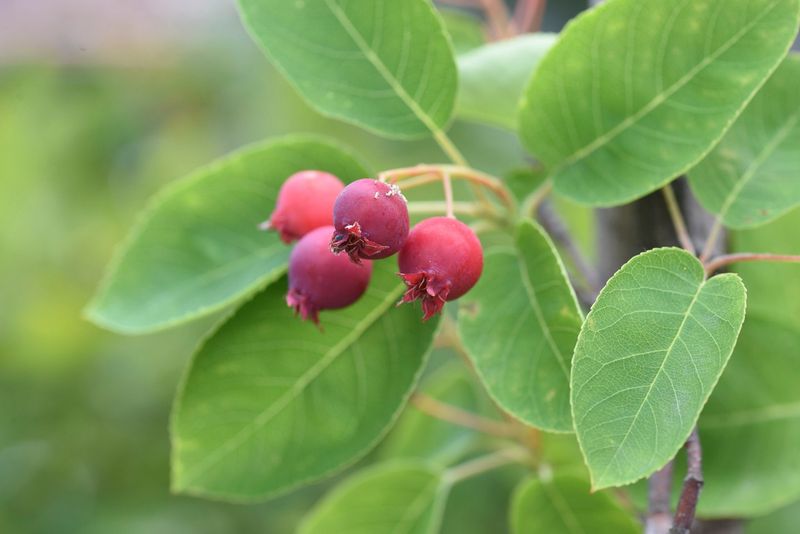
Serviceberry trees (also called Juneberry or Amelanchier) produce delicious blueberry-like fruits and spectacular spring flowers. Native to Pennsylvania woodlands, they’re perfectly adapted to local growing conditions.
Extract seeds from ripe berries and plant immediately in September. Natural winter cold will break seed dormancy. These beautiful small trees provide four-season interest with spring flowers, summer berries, fall color, and attractive winter bark. Wildlife absolutely love the sweet fruits!
9. Black Walnuts
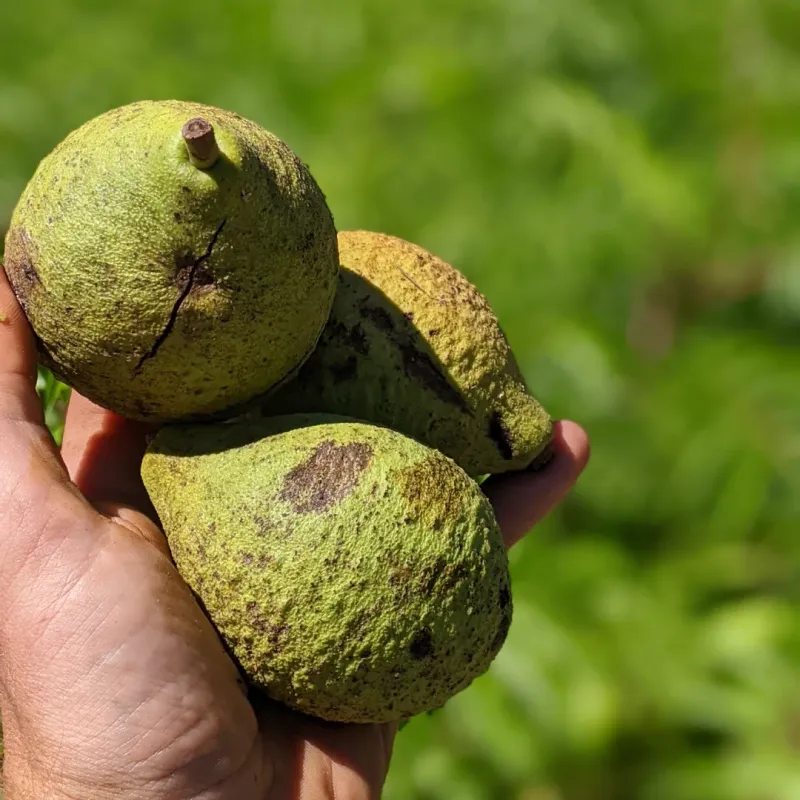
Pennsylvania’s forests are filled with black walnut trees, making September the perfect time to plant freshly fallen nuts. Their distinctive flavor makes them prized for baking and ice cream.
Remove the green husks (wear gloves—they stain!) and plant nuts about 2 inches deep. Squirrels love them, so protect with wire mesh. Black walnuts produce chemicals that inhibit certain plants, so position your tree away from gardens. Expect 10+ years before significant nut production.
10. Hazelnuts
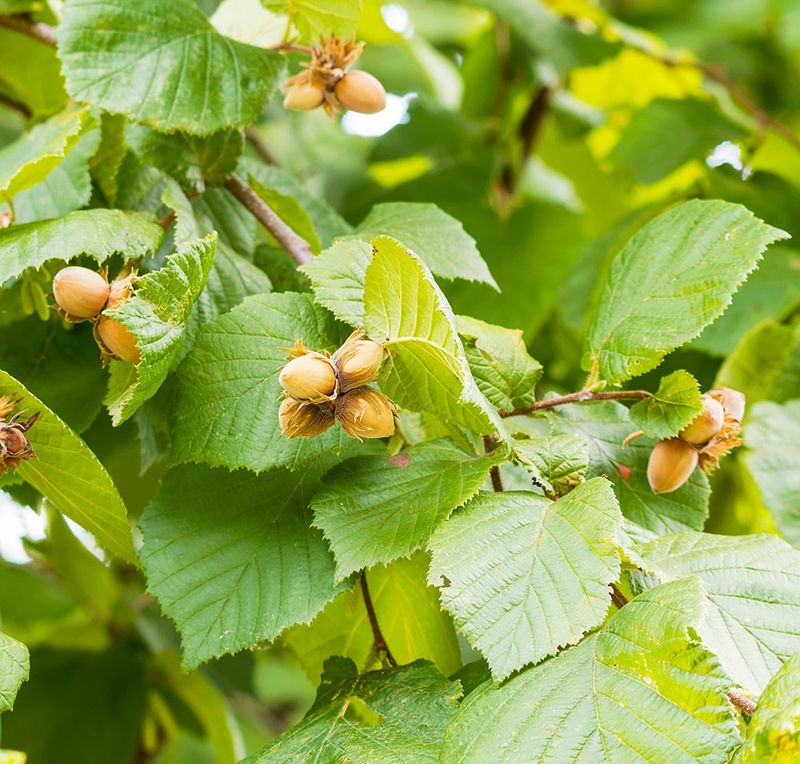
Native American hazelnuts grow wild throughout Pennsylvania and make excellent garden additions. September is ideal for planting as the seeds need winter’s cold to germinate properly.
Plant nuts about an inch deep in well-draining soil. These shrubs form attractive hedges while producing nutritious nuts. Unlike European varieties, native hazelnuts resist eastern filbert blight. For best production, plant several bushes to ensure proper cross-pollination.
11. Cherries
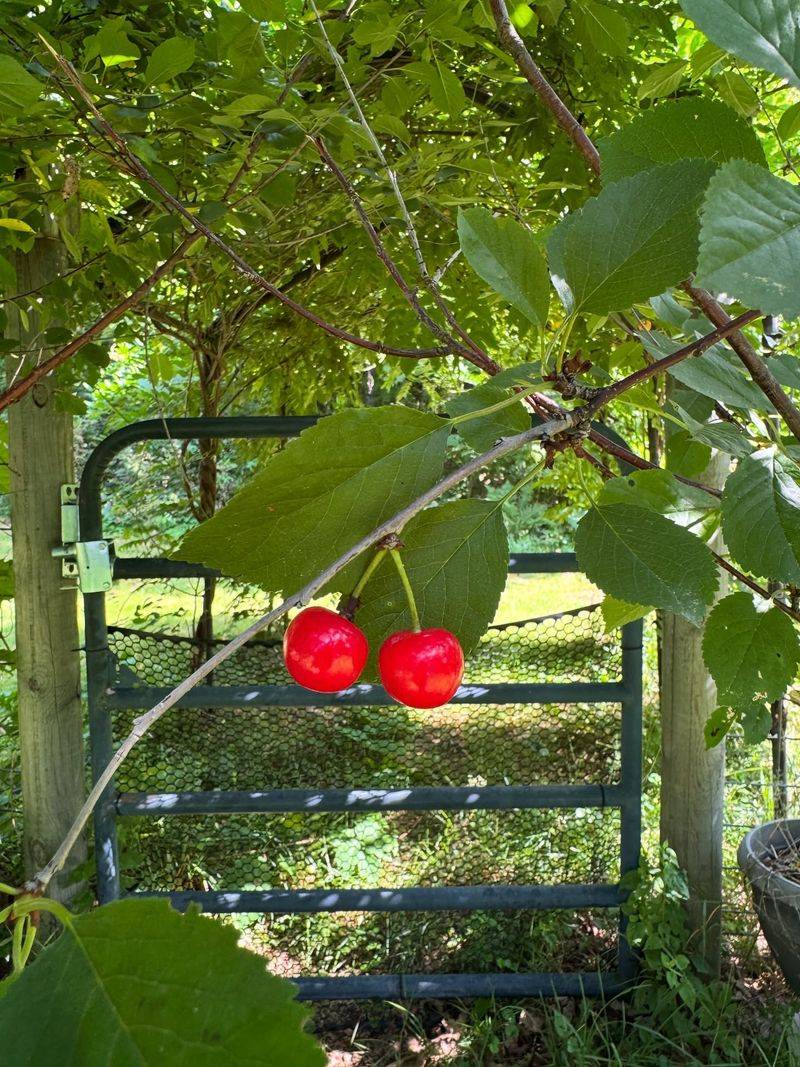
Both sweet and sour cherry pits can be planted in September across Pennsylvania. The winter cold naturally stratifies the seeds, preparing them for spring germination.
Clean pits thoroughly and plant about an inch deep. Wild black cherries grow throughout the state, proving how well cherries adapt to our climate. Trees grown from seed may produce fruit different from the parent, creating your own unique variety. Expect 5-7 years before fruiting.
12. Blueberries
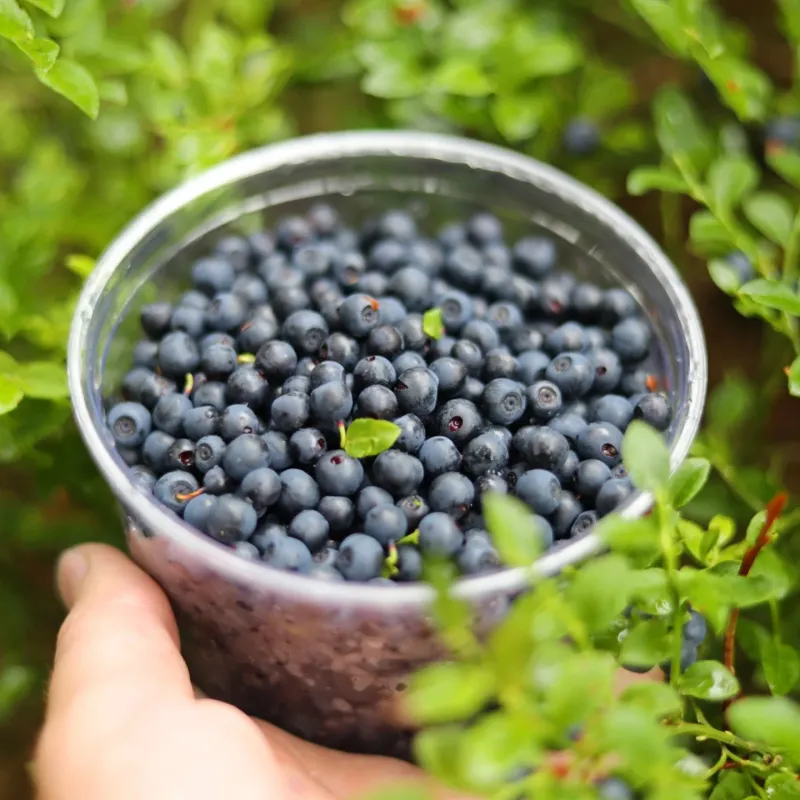
While typically propagated from cuttings, blueberries can be grown from seed with patience. September planting in Pennsylvania provides the natural cold stratification these tiny seeds need.
Extract seeds from ripe berries by mashing and rinsing thoroughly. Mix with sand before sprinkling on acidic soil—don’t bury them! Cover with a thin layer of pine needles. Plants grown from seed vary genetically, potentially creating new varieties adapted perfectly to your specific growing conditions.

